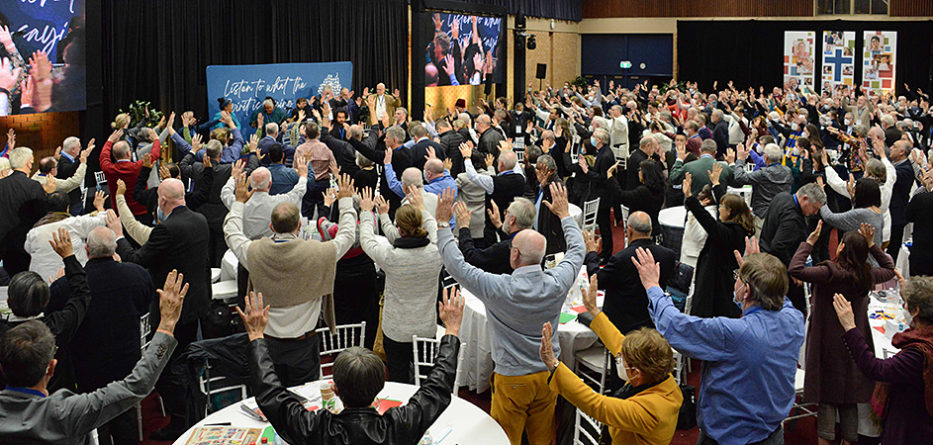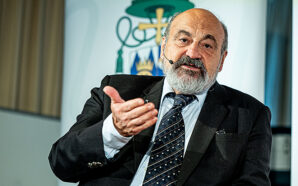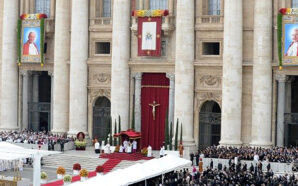Editor’s note: This article was written before the Oct. 27 release of the Working Document for the Continental Stage of the Synod of Bishops.
Through [the journey of the Plenary Council], we have learned that the process is, in many ways, the product. The challenge was not to come up with quick-fix solutions to the church’s many problems or facile answers to our many questions. The work of discernment is slower and messier than that.
By undertaking that work, we become different, and that was the challenge: to become a different kind of church, a listening church, a humble servant church — poor, simple, welcoming, contemplative, joyful, missionary. That was what the Spirit was doing among us, moving us into God’s future in a time of diminishment and disarray in the church.
The sense that this whole journey is the work of the Holy Spirit was crucial from the beginning and remains so now. That is no less true of the global synod than it was of our Plenary Council. It’s what I came to see at the synod in 2015: that there was “something greater than Solomon here” (Matthew 12:42).
If that isn’t true, then all you’re left with is politics or ideology, and neither is enough to take us into the future God has in mind. Some critiques of both the Plenary Council and the global synod fail to see beyond the political and ideological. They see only Solomon.
Yet the Holy Spirit is both the great comforter and the great disrupter. In fact, the true comfort of God comes only through the disruptions of God, which means that comfort can come painfully.
To continue reading this article, click here.
Archbishop Mark Coleridge is the Archbishop of Brisbane and was the president of the Australian Catholic Bishops’ Conference from 2018 to 2022.
With thanks to the National Catholic Reporter (NCR) and Archbishop Mark Coleridge, where this article originally appeared.







